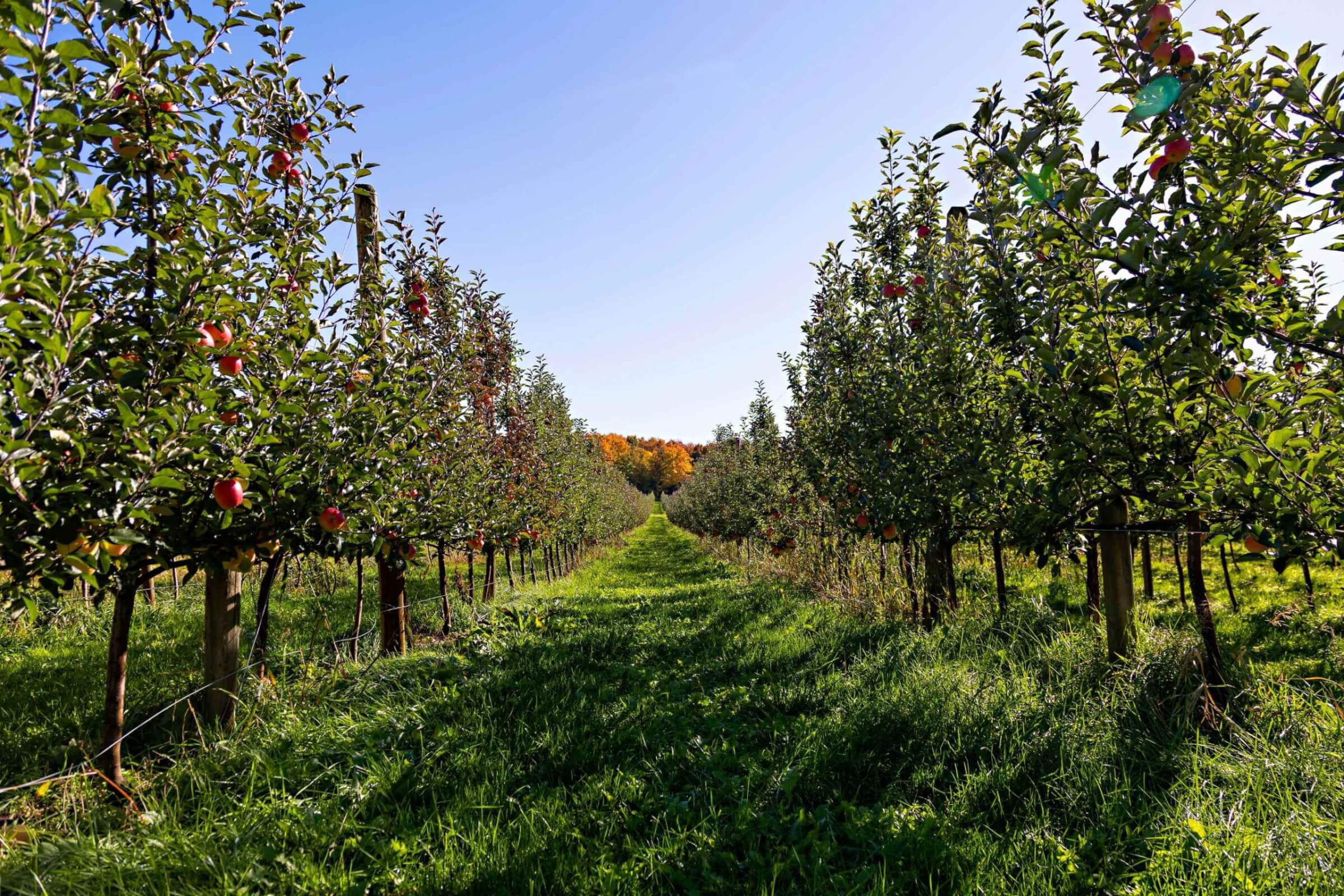Arriving in a new country can be daunting, especially if you’re there for work. And nobody likes those long travel days where sometimes it feels like you may never reach your destination. It’s no different for migrant farm workers making the trip from places like Mexico and Jamaica. They’re long days, and while there’s surely some excitement when the workers arrive, after the arrival in Toronto most workers still have a long car ride ahead of them to the farm they’re employed by.
To help try and make the day little easier for arriving workers the Ontario Ministry of Agriculture, Food and Rural Affairs (OMAFRA) partnered with the Ontario Fruit and Vegetable Growers’ Association (OFVGA) to put together welcome kits for workers to receive upon their arrival in Toronto. This started in 2022 and after receiving a lot of positive feedback, the initiative continued into 2023.
Admittedly, the kits aren’t designed to last for months and provide several meals, but they are able to give a small piece of comfort during a long travel day. Included in the kits are snacks (beef jerky, protein bars, granola bars), water, safety kits, reflective arm bands and resources designed to make the transition into Ontario a little bit smoother.
This is not the first initiative that’s been undertaken at the airport. During the COVID-19 pandemic the airport also housed a vaccination clinic for arriving workers where they would have the option to take the vaccine. Educational resources were made available, but it was ultimately the decision of the workers on whether they wanted to take the vaccine. Meals were also provided for workers.
For more information on the migrant farm worker programs, please visit morethanamigrantworker.ca.



